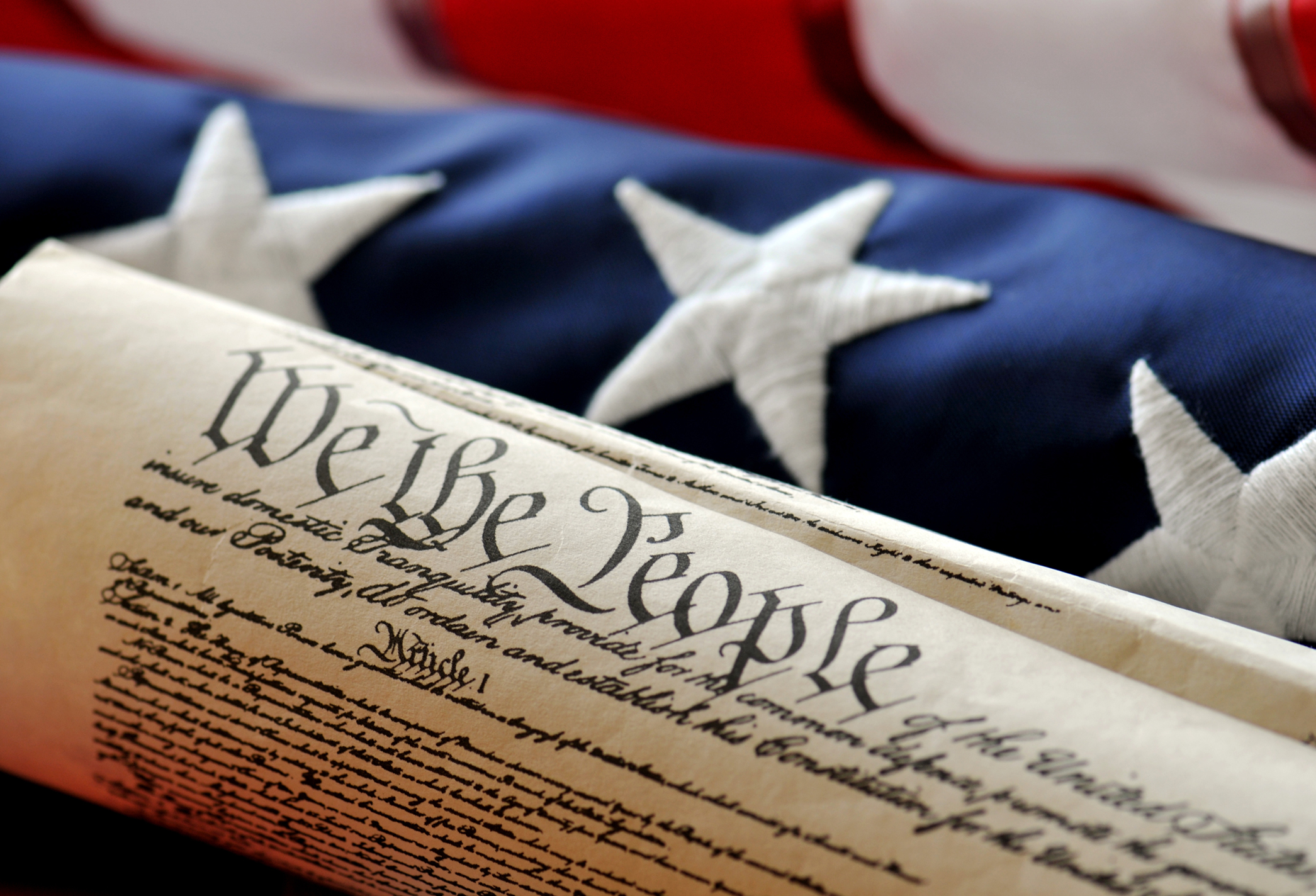With the Democratic National Convention taking over the city of Philadelphia through July 28, we’re bringing to you (courtesy of Visit Philadelphia) 10 Philly facts that you probably don’t know but should.
1. One-quarter of the U.S. population lives within a five-hour drive of Philadelphia.
2. The fast-growing Indego bike-share program launched in spring 2015 and in less than nine months accommodated 400,000 rides, with 85 percent of them taken by locals. This makes Philadelphia’s program a model for other cities including Los Angeles and Chicago.
3. The city was the first destination in the world to air a gay-themed television commercial in 2004. It was part of the campaign Philadelphia – Get Your History Straight and Your Nightlife Gay®.
4. Philadelphia is known as the City of Murals. Started as an anti-graffiti initiative in the 1980s, the City of Philadelphia Mural Arts Program has created 3,800 larger-than-life works and is the most influential mural arts organization in the world.
5. It’s not the first time the city has been in the political spotlight. The birthplace of America hosted the First Continental Congress in 1774. In more recent history, Philadelphia hosted the DNC in 1936 and 1948 and the RNC in 1856 (the first), 1872, 1900, 1940, 1948 and 2000.
6. Just steps from Independence Hall, presidential hopeful Barack Obama delivered his famous speech on race, “A More Perfect Union,” at the National Constitution Center in 2008.
7. In the spirit of city founder William Penn’s vision for a “greene countrie town,” Philadelphia boasts the largest municipal park system, Fairmount Park. It is bigger than Central Park.
8. Pope Francis delivered three historic public addresses in Philadelphia in September 2015: a speech on immigration at Independence Hall, a statement about the importance of families on the Benjamin Franklin Parkway, and a Sunday mass also on the Parkway.
9. Cheesesteaks are available 24/7, but most locals prefer roast pork sandwiches with broccoli rabe and provolone.
10. Half of the answers to the 100-question U.S. citizenship test study guide can be found in Philadelphia, where so many key historic events took place.







Comments